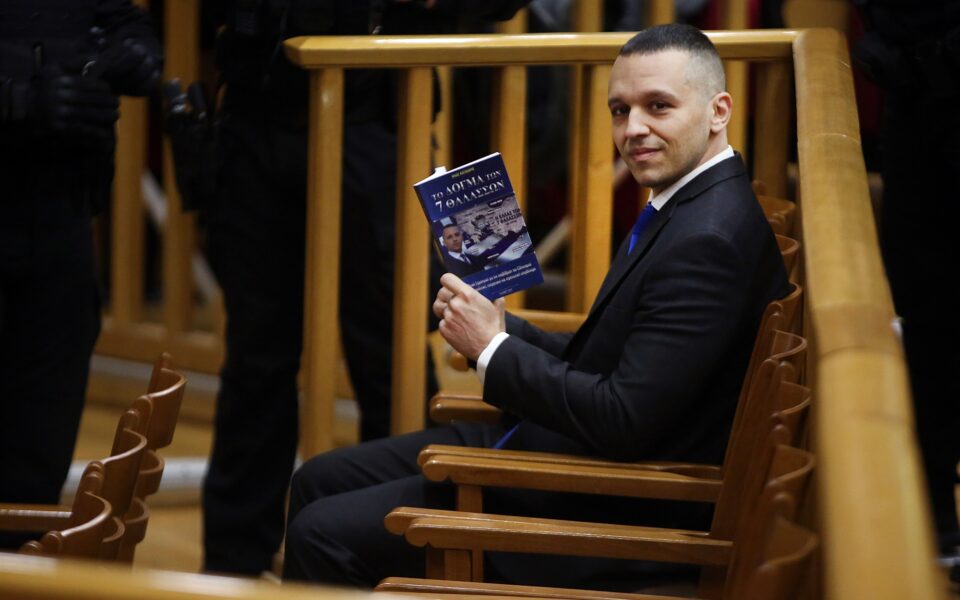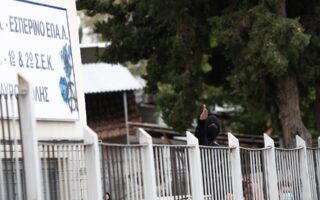Invisible pressure groups

The power of image can now replace the force of iron bars, and social networks can replace public squares for spreading rhetoric. This is evident in the popularity of Ilias Kasidiaris’ anti-immigrant, racist and fascist rhetoric on social media.
A video posted on YouTube three weeks ago in which he announces his candidacy in the May 21 elections has over 170,000 views, while his clips of ultranationalist content on TikTok are also popular.
Despite serving time in prison for running a criminal organization linked to hate crimes, Kasidiaris has unrestricted access to social media, allowing him to disseminate propaganda material. The recent controversy around the amendment designed to ban his National Party from participating in the May 21 elections provided Kasidiaris with an opportunity to sell anti-systemic sentiment and gain more followers.
What would be the impact of his online pre-election campaign, if his party (or an offspring) participates in the election? Does social media influence voting behavior?
Since the moment Kasidiaris was allowed to systematically introduce his bigoted dogma online, it was certain that algorithms would exponentially amplify his message
A survey conducted on 61 million Facebook users during the 2010 midterm elections in the United States (the study was published in the journal Nature) recorded a small but calculable influence on voting behavior: 340,000 citizens were encouraged to vote by their online friends.
The conclusion was that strong ties in cyberspace affect voting behavior. A Harvard study showed that mobilization is stronger in small communities. And the online world hosts millions of small communities that function as pressure groups. Researchers at Princeton University found that Twitter influenced the vote of moderate voters in the 2016 and 2020 US elections, while another study showed that networks influenced the vote of young voters.
Despite the barriers, these cross-class social spaces for socializing, exchanging ideas and knowledge, and building solidarity leave the door open for extremists to engage in blatant proselytizing and promote crazy conspiracy theories.
Since the moment Kasidiaris was allowed to systematically introduce his bigoted dogma online, it was certain that algorithms would exponentially amplify his message.





